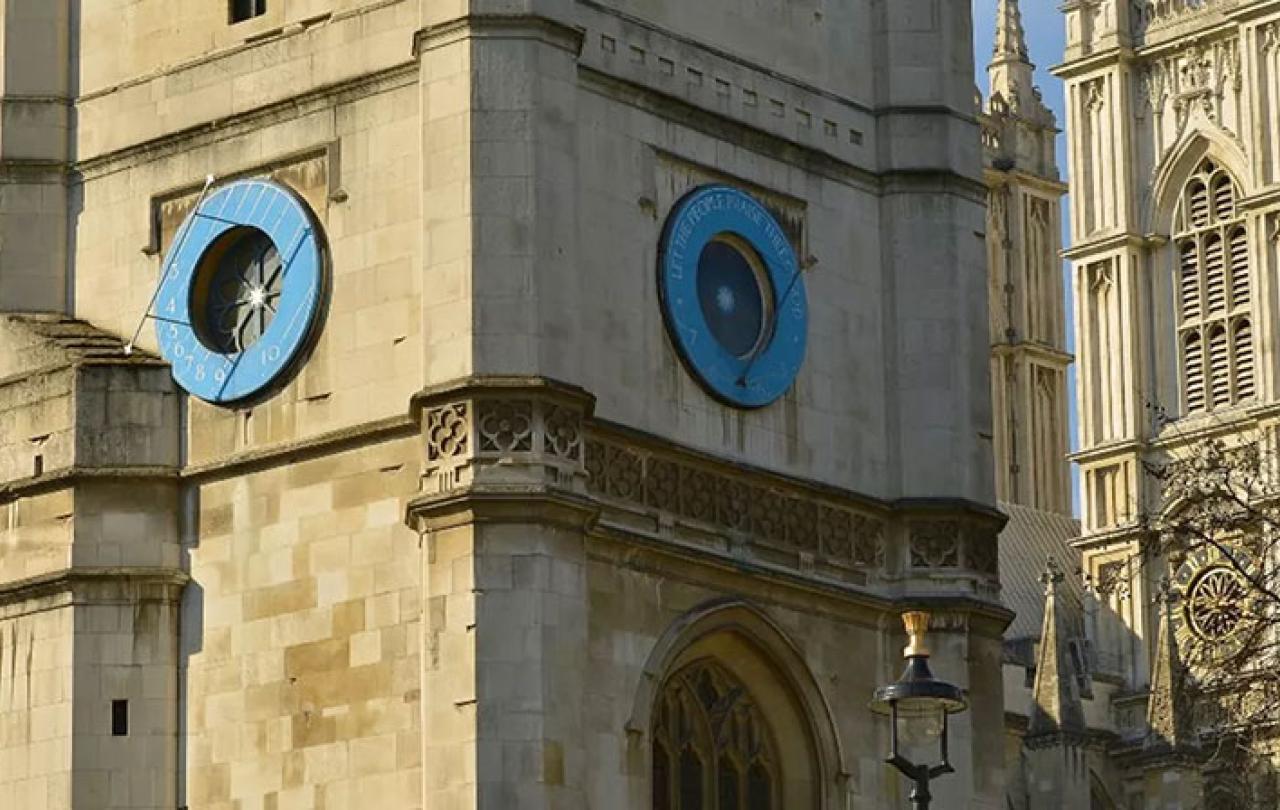
Every year on the 11th of November at 11am, people across the UK stop whatever they’re doing and keep a two minutes silence in honour of those who have died in war. This collective silence provides the opportunity to reflect on the loss of life and cost of peace. It gives us the chance to consider the conflicts raging around the world today.
Collective silence is an unusual thing in our culture. There are few, if any, other opportunities for silence which are as widespread as the tradition at the centre of Remembrance Day. Silence is, however, a powerful tool in relation to suffering and death. It acts as a reminder that in the face of some horrors, there is simply nothing to say. Presence becomes all that we have to offer, because words simply cannot capture the depth of the sadness to which we bear witness. And we must bear witness to them.
No words are said. People stand alongside each other and bear witness both to the grief and to the light of hope represented by the flickering candle.
Remembrance Sunday is one part of the wider season of remembrance in the church. This season begins with the feast of All Soul’s, when the church gathers to remember by name those who have died.
A powerful tradition lies at the heart of All Soul’s services: the priest reads out a list of names of the dead. If you are grieving a loved one, it is a great relief to hear someone else say their name. Grief can be intensely lonely and easily forgotten by others. But the church promises not to forget, honouring the beloved memories of those missing from our communities on the feast of All Souls. In many churches, after the list of names is read a silence is held in which the congregation comes forward to light a candle in memory of their loved one. No words are said. People stand alongside each other and bear witness both to the grief and to the light of hope represented by the flickering candle.
The value of silence is easily lost in this world which prompts us to rush to speak about everything that is happening. The Bible, though, offers us examples of the power of times of silence and the wisdom that can emerge from them.
They did not speak, because this was not a place for words. They remained with him to bear witness to his suffering without trying to resolve it.
At the beginning of the book of Job in the Old Testament, we find the protagonist in the midst of disaster. Job has lost everything, his home, his livestock, his family and his health. When Job’s friends hear about what has happened to him, they seek him out to be with him amid his suffering. The story tells us that
‘They sat with him on the ground seven days and seven nights, and no one spoke a word to him, for they saw that his suffering was very great’.
There are no platitudes here. No hastily put together explanation of why this might have happened or what Job needs to do about it. The friends saw that Job’s suffering was ‘very great’ and they allowed their presence to be enough. They did not speak, because this was not a place for words. They remained with him to bear witness to his suffering without trying to resolve it. In the story this silence eventually gives way to unhelpful words, but it is striking, nonetheless.
We find another example of silence during grief in the New Testament. John’s gospel recounts the death of a friend of Jesus. Lazarus becomes ill and quickly dies, and upon hearing the news Jesus makes haste to join Lazarus’ sisters and bear witness to their pain. There is some dialogue in the story, but the most striking part of it comes when Jesus reaches the grave of his friend. The shortest verse in the Bible is found here. It simply says,
‘Jesus wept’.
At this point, Jesus doesn’t say anything. He simply weeps, moved as he is by the death of his friends and the grief of those around him. Jesus weeps, even though he knows that before long Lazarus will rise from the dead.
But Jesus does not rush to the surprise and joy of resurrection. Jesus’ silence and his weeping is an example of what it means to grieve well alongside others when they are hurting. In what is perhaps one of the purest expressions of the human condition, Jesus responds to the weight of loss and the fragility of life in his silent bearing witness to the loss of his friend.
When we bear witness to the suffering of others without seeking to fill it with our own explanations or opinions, we honour the loss that is before us.
Within the Christian tradition there are also many examples of protest and speech in response to injustice. Silence is vitally important, but at some point, it must give way to speech and action when questions about human dignity are at stake.
But in order to know how to engage in resistance to that which diminishes others, periods of silence are necessary. When we bear witness to the suffering of others without seeking to fill it with our own explanations or opinions, we honour the loss that is before us. That is at the heart of the national two-minute silence for Remembrance Day. In remembering those who have died in war, and considering the conflict that marks our world today, we bear witness to the fragility of the human condition. Out of silence, comes the resources to know how to speak with wisdom.





